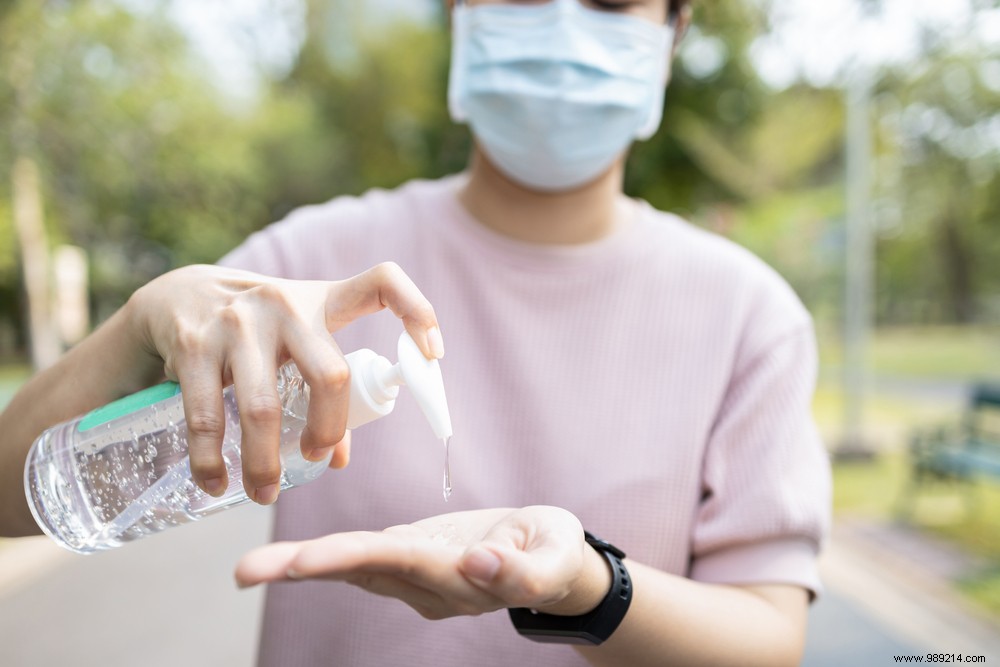
Origins, symptoms, and containment: essential information
COVID-19 is dominating headlines worldwide. This highly contagious virus is driving the ongoing epidemic, with cases surging daily. In France, as of the latest reports, there were 16,018 confirmed cases and 674 deaths*. Here's what you need to know about its origins, symptoms, and how to protect yourself.
What is COVID-19?
COVID-19 is caused by a novel coronavirus, part of a family of respiratory viruses linked to past outbreaks like SARS (2002) and MERS (2012).
Like the flu, it spreads person-to-person. Infected individuals release virus-laden droplets when coughing, sneezing, or talking. These droplets land on surfaces nearby. You can catch the virus by touching contaminated surfaces then your mouth, nose, or eyes.
Where did COVID-19 originate?
The virus was first identified in December 2019 in Wuhan, China. Experts believe it jumped from bats or pangolins to humans, though research continues to confirm the exact animal source.
What are the symptoms?
Common symptoms include:
In severe cases, it can lead to pneumonia, acute respiratory distress, kidney failure, and death.
Questions about COVID-19?
Call the toll-free hotline at 0 800 130 000 for information (not medical advice), available 24/7.
How to prevent COVID-19: protect yourself and others
Why stay home?
Since March 17, 2020, France has enforced nationwide lockdown to curb transmission. Leave home only for essential reasons with a certificate:
Violations carry a €135 fine. In the absence of a vaccine or cure, staying home is our most effective defense.
What if you have symptoms?
If you experience cough or fever, isolate at home and contact your doctor or use teleconsultation. This 24/7 service connects you to a physician via secure video link at no extra cost.
How teleconsultation works
The doctor sends a link for your computer or tablet (webcam required). Post-consultation, receive prescriptions digitally or in print, fully reimbursed like in-person visits. A summary goes to your primary doctor.
For worsening symptoms (dizziness, breathing issues), call 15 (or 114 for deaf/hard-of-hearing).
COVID-19 can range from mild cold to deadly pneumonia. Limit spread by staying home and following barrier gestures!
*Figures as of March 23, 2020